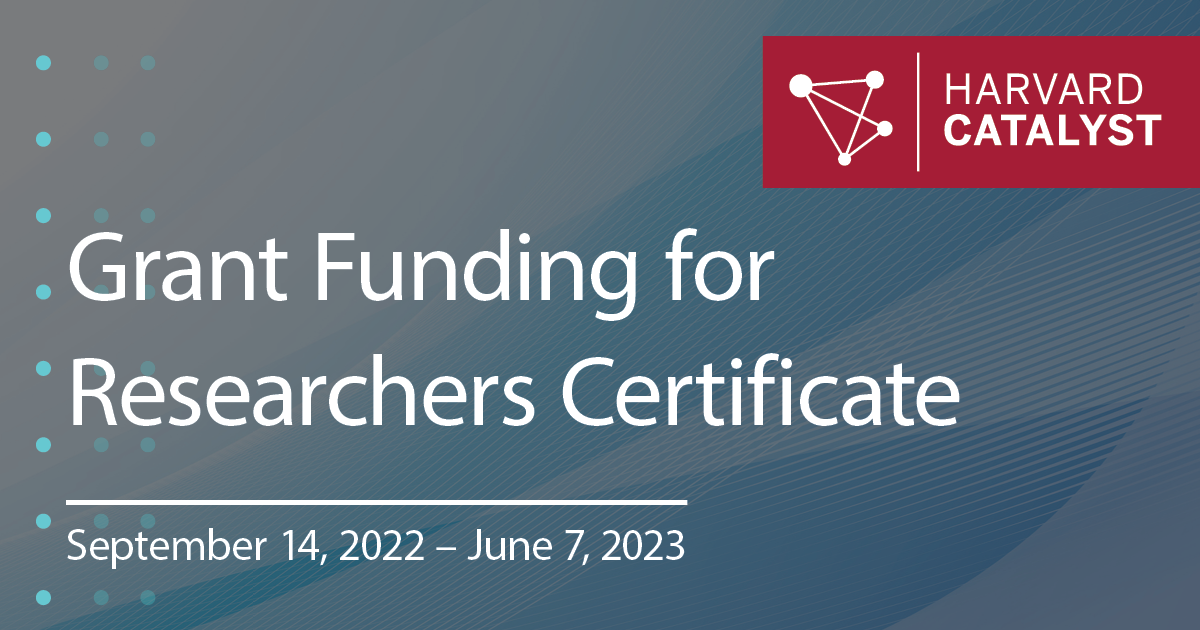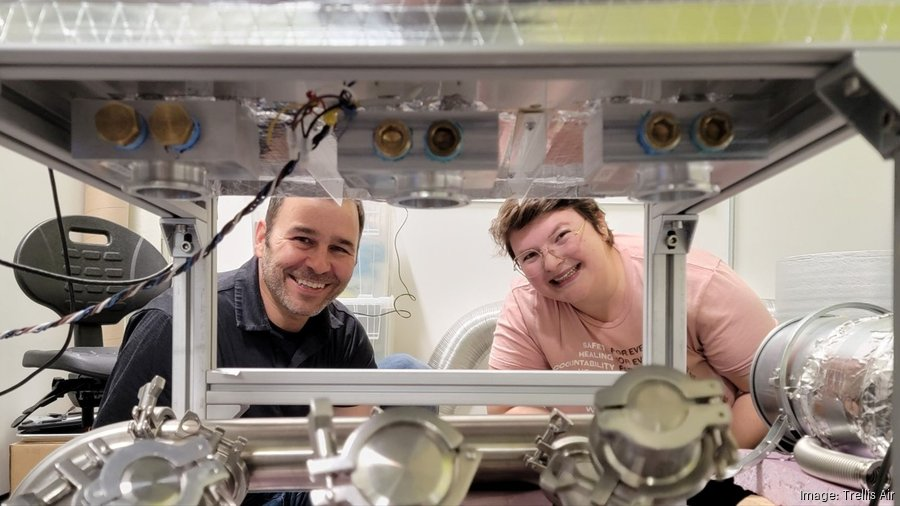Harvard research funding has become a critical topic as recent policies from the Trump administration have resulted in significant cuts, impacting the university’s scientific endeavors. Amidst the tumult, researchers at Harvard, such as Don Ingber from the Wyss Institute, are grappling with the abrupt halt of vital projects, particularly those leveraging innovative organ-on-a-chip technology. With over $19 million in contracts at stake, the freeze raises concerns about the future of Harvard innovation projects, which serve as the backbone of advancements in biologically inspired engineering. The situation is further complicated by lawsuits filed against the government’s demands, drawing attention to the necessity of protecting academic independence and the critical role of research funding in fostering innovation. As Harvard navigates these turbulent waters, the outcomes of this funding crisis will significantly affect the landscape of scientific research and technological progress in the United States.
In light of recent administrative changes, funding allocation for research at Harvard University has come under intense scrutiny, attracting attention from both academic circles and the broader public. The financial restraints imposed during the Trump administration have seriously hindered essential research initiatives, especially those focusing on cutting-edge biotechnologies like organ-on-a-chip systems. Leading researchers, such as Don Ingber at the Wyss Institute, are now facing urgent challenges to sustain their groundbreaking projects, which are vital for advancements in the field of biologically inspired engineering. As lawsuits unfold, highlighting the clash between university autonomy and government directives, the implications for ongoing Harvard innovation efforts are becoming increasingly concerning. This complex situation raises questions about the future of scientific exploration and technological advancement in an environment fraught with uncertainty.
The Impact of Trump Administration Research Cuts
The recent cuts to research funding by the Trump administration have sparked significant controversy and concern within academic and scientific communities. Targeting institutions like Harvard, the administration’s actions have frozen approximately $2.2 billion in funding, directly impacting a range of innovative projects. For researchers like Don Ingber, whose work at the Wyss Institute focuses on cutting-edge organ-on-a-chip technology, these cuts threaten not only ongoing experiments but also the professional futures of countless researchers and students involved in critical scientific advancements.
As the funding freeze looms, researchers are left scrambling to secure alternative resources and maintain momentum on vital projects. Ingber’s organ-on-a-chip initiatives, which hold immense potential for understanding biological responses to environmental challenges, now face an uncertain future. The repercussions of these funding cuts extend beyond mere numbers; they affect the very foundation of America’s innovation engine, which has traditionally thrived on collaboration between government and academia.
Harvard Innovation Projects at Risk
Harvard has long been a beacon of innovation, driving forward projects that utilize biologically inspired engineering principles. The recent challenges posed by the Trump administration’s demands have jeopardized numerous initiatives targeted towards advancing public health and environmental understanding. Ingber’s involvement with organ-on-a-chip technology exemplifies the type of groundbreaking work that could suffer under financial constraints imposed by governmental overreach.
These Harvard innovation projects are essential not only for scientific exploration but also for fostering new industries and attracting global talent. However, with rising fears among prospective scientists about safety and stability within the U.S., the future of these projects and the broader scientific workforce is increasingly perilous. The current climate threatens to dissuade the brightest minds from coming to America, which historically has been the hub for scientific research and discovery.
The Promise of Organ-on-a-Chip Technology
Organ-on-a-chip technology represents a revolutionary leap in biomedical research, offering sophisticated platforms for modeling human diseases and testing drugs. Developed at institutions like the Wyss Institute, these innovations allow scienced to examine how different tissues respond to various stimuli, including radiation damage—a pertinent concern given the increasing integration of nuclear technology in energy sectors. Ingber’s work in this area is poised to play a crucial role in advancing our understanding of health impacts from radiation and providing avenues for new therapies.
Furthermore, the ability to simulate microgravity effects on astronauts using organ-on-a-chip devices will be invaluable as humanity prepares for prolonged space missions, such as those planned for Mars. These projects showcase how organ-on-a-chip technology can bridge the gap between laboratory research and real-world applications, emphasizing the critical need for sustained funding and support from governmental bodies to ensure such innovative science continues unimpeded.
Legal Battles and Future Implications
In response to the stop-work order and subsequent funding freeze, Harvard has initiated legal action against the government, claiming unconstitutional overreach that threatens the integrity of academic freedom. The outcome of this lawsuit could set a precedent for future interactions between government entities and educational institutions, potentially reshaping the landscape of research funding for years to come. Ingber’s commitment to protecting his team and their research amidst this turmoil underscores the importance of maintaining academic independence.
As the legal battle unfolds, the broader implications for American scientific research remain at stake. A victory for Harvard may restore some level of normalcy and confidence in academic pursuits, while a loss could signal a shift towards greater governmental control over research initiatives. This scenario adds another layer of stress for researchers, who must navigate both the operational challenges posed by recent funding cuts and the uncertainty of potential policy changes in the near future.
The Role of Federal Funding in Scientific Advancement
Federal funding is a cornerstone of scientific innovation, underpinning research across diverse fields such as healthcare, engineering, and environmental science. The partnership between government agencies and academic institutions has historically facilitated groundbreaking discoveries and technological advancements. In the case of Harvard, the withdrawal of federally allocated funds threatens not only individual projects but also the collaborative spirit that has driven scientific progress in America.
Ingber’s work at the Wyss Institute exemplifies how federal support can lead to significant breakthroughs in biologically inspired engineering. Without adequate funding, researchers may struggle to maintain their projects or attract new talent, ultimately undermining America’s position as a global leader in scientific innovation. The current turmoil highlights the critical need for a renewed commitment to research investment by the federal government to ensure the vitality of academic institutions and the innovations they produce.
Challenges in Attracting Global Talent to the U.S.
The U.S. has long been a magnet for international researchers, drawing some of the brightest minds in science and technology to its academic institutions. However, the current climate of uncertainty fueled by the Trump administration’s policies has caused a ripple effect, leading many prospective scientists to reconsider their options. The recent experience of a European postdoctoral scientist who withdrew from a position at Harvard reflects growing fears about safety and stability amidst political changes.
This shift in perception could have dire consequences for American scientific innovation. Losing out on international talent means losing diverse perspectives and expertise that drive research forward. Ingber’s team at the Wyss Institute exemplifies the collaborative environment that such researchers foster, creating a positive feedback loop of innovation. To maintain its leadership in global science, the U.S. must address these concerns and reaffirm its commitment to welcoming international talent into its research landscape.
Navigating the Future of Scientific Research
As researchers at institutions like Harvard face the uncertain future of their projects, the need for strategic navigation becomes paramount. Decisions made in the wake of the Trump administration’s funding cuts will likely have lasting implications for scientific research and its trajectory in the United States. Ingber’s emphasis on prioritizing team welfare and finding alternative funding solutions highlights the resilience required to withstand such turmoil.
This challenging period calls for strong leadership within academic institutions to advocate for research funding and protect the integrity of scientific inquiry. Engaging with policymakers, leveraging media platforms, and fostering relationships with industry partners will be essential for maintaining momentum in innovative projects. By navigating this difficult landscape effectively, researchers can work towards a brighter future for both their fields and the broader scientific community.
The Future of Collaborations Between Government and Academia
The collaborative relationship between government and academic institutions is crucial for fostering a flourishing scientific community. As seen in the disruption caused by the recent Trump administration’s funding cuts, any strain on this partnership has significant implications for research outcomes and, consequently, societal advancements. Ingber’s experiences highlight how crucial it is to defend this relationship for the benefit of impactful research.
Moving forward, it will be vital for both parties to engage in open dialogues about funding priorities and the vision for future research initiatives. Ensuring that government policies support rather than hinder academic pursuits will be key to reigniting innovation in the United States. This partnership must adapt to changing landscapes and work toward a sustainable framework that encourages continued investment in groundbreaking research.
Innovation in Biologically Inspired Engineering
Biologically inspired engineering stands at the forefront of scientific innovation, leading to novel applications in medicine, environmental sustainability, and more. At the Wyss Institute, Don Ingber’s work focuses on harnessing natural biological principles to solve complex human problems, utilizing organ-on-a-chip technology to explore critical health issues. This branch of engineering has the potential to revolutionize our understanding of biological processes and translate that knowledge into practical solutions.
As global challenges escalate, the significance of biologically inspired engineering only grows. The intersection of biology and technology promises to uncover new treatments, improve healthcare outcomes, and create sustainable practices that benefit humanity. Supporting this field through proper funding and resources is essential to ensuring that innovations continue to flourish, ultimately contributing to a healthier and more sustainable world.
Rethinking the Innovation Ecosystem Amidst Crisis
The current funding freeze and resulting disruptions at Harvard and similar institutions compel a reevaluation of the innovation ecosystem in the United States. Researchers like Ingber are faced with the daunting task of not only safeguarding their projects but also rethinking how to structure their research initiatives amidst uncertainty. This crisis may serve as a wake-up call for both government and academia to address systemic issues that impact funding and collaboration.
Through strategic adjustments to the innovation ecosystem, there is potential for resilience and growth in scientific research. Emphasizing the importance of stable funding sources, fostering partnerships with industry, and promoting a culture of inclusivity and support for all researchers can help mitigate the effects of current strains. By embracing these changes, the U.S. can aim to modernize its approach to innovation and ensure it continues to be a leader in scientific advancements.
Frequently Asked Questions
What impact did the Trump administration’s research cuts have on Harvard research funding?
The Trump administration’s research cuts significantly impacted Harvard research funding by freezing approximately $2.2 billion initially allocated for various research projects, including those at the Wyss Institute for Biologically Inspired Engineering. This freeze led to stop-work orders on critical projects, such as those utilizing organ-on-a-chip technology, affecting talented researchers and vital innovations.
How are Harvard innovation projects being affected by recent funding challenges?
Recent funding challenges, particularly from the Trump administration’s cuts, directly impacted Harvard innovation projects. With a halt on multiyear contracts from the Department of Health and Human Services, researchers, including those at the Wyss Institute, have had to scramble to find alternative funding or relocate team members while ensuring that valuable research continues despite the financial restraints.
What role do organ-on-a-chip technology projects play in Harvard’s research funding landscape?
Organ-on-a-chip technology projects are integral to Harvard’s research funding landscape, driving significant advancements in areas such as drug development and disease modeling. The recent funding cuts have jeopardized these projects, emphasizing the urgency for Harvard to secure alternative financing in order to advance its groundbreaking research and maintain its leadership in innovative scientific solutions.
What legal actions did Harvard take regarding the Trump administration’s research funding cuts?
Harvard filed a lawsuit against the Trump administration after it issued a halt on research funding. The university contended that the demands placed by the administration represented an illegal and unconstitutional overreach, and it sought restoration of the funding essential for ongoing research, including key Harvard innovation projects that rely on federal support.
How might Don Ingber’s organ-on-a-chip projects contribute to future innovations in biomedical research?
Don Ingber’s organ-on-a-chip projects at Harvard utilize cutting-edge technology to simulate human organ function, which is crucial for understanding disease mechanisms and developing new therapies. Despite recent funding cuts, these projects could lead to groundbreaking innovations in personalized medicine and drug testing, significantly advancing the field of biomedical research.
What are the implications of funding cuts on future researchers considering positions at Harvard?
Funding cuts have created uncertainty and instability within Harvard’s research environment, potentially discouraging future researchers from accepting positions. Concerns regarding job security and project viability may lead qualified candidates to withdraw their acceptance of offers, impacting Harvard’s ability to attract top talent essential for ongoing innovation.
How does Harvard’s ongoing research relate to current global health challenges?
Harvard’s ongoing research, particularly in the realm of organ-on-a-chip technology, directly addresses pressing global health challenges, such as cancer treatment and response to radiation exposure. The disruption of funding sources poses a threat to the progress of these significant projects, which aim to develop innovative solutions for healthcare crises.
| Key Points | Details |
|---|---|
| Stop-Work Order Issued | Triggered by Harvard’s rejection of administration demands, impacting significant research projects. |
| Impact of Federal Freeze | $2.2 billion in research funding frozen, deeply affecting research continuity and staff security. |
| Lawsuit Filed | Harvard challenged the legality of the government’s demands and sought restoration of funding. |
| Scaling Down Projects | Researchers are left facing uncertainty; decisions to halt projects could jeopardize ongoing experiments. |
| Future of Research Innovation | Ongoing projects are crucial for innovation in health and space explorations, particularly regarding radiation damage. |
| Concerns for Talent Retention | Fear among researchers about job security may deter international talent from pursuing opportunities in the U.S. |
Summary
Harvard research funding is currently in jeopardy due to recent federal actions that have provoked a halt on critical research projects. Researchers like Don Ingber at the Wyss Institute are faced with the challenge of maintaining their innovative work amidst a significant freeze in funding and a legal dispute with the government. This situation not only threatens groundbreaking research efforts but also creates an atmosphere of uncertainty that may discourage both domestic and international scientists from pursuing careers at Harvard and similar institutions. It is imperative that the academic community and policymakers recognize the fundamental role that secure research funding plays in sustaining the innovation engine that has driven America’s technological and scientific advancements for decades.



